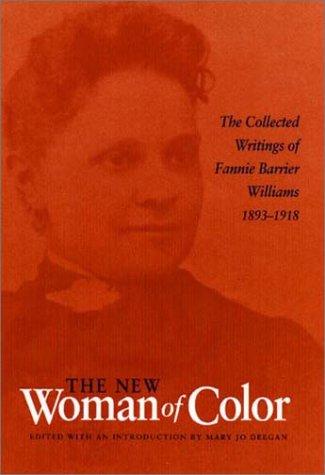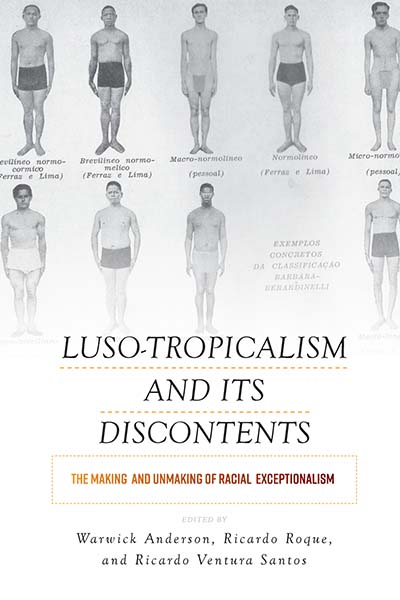Shape Shifters: Journeys across Terrains of Race and IdentityPosted in Anthologies, Books, History, Identity Development/Psychology, Media Archive on 2020-01-10 01:09Z by Steven |
Shape Shifters: Journeys across Terrains of Race and Identity
University of Nebraska Press
January 2020
432 pages
8 photos, index
Hardcover ISBN: 978-1-4962-0663-3
eBook (EPUB) ISBN: 978-1-4962-1698-4
eBook (PDF) ISBN: 978-1-4962-1700-4
Edited by:
Lily Anne Y. Welty Tamai, Curator of History
Japanese American National Museum, Los Angeles, California
Ingrid Dineen-Wimberly, Professor of History
University of La Verne, Point Mugu, California
Paul Spickard, Distinguished Professor of History
University of California, Santa Barbara
Shape Shifters presents a wide-ranging array of essays that examine peoples of mixed racial identity. Moving beyond the static “either/or” categories of racial identification found within typical insular conversations about mixed-race peoples, Shape Shifters explores these mixed-race identities as fluid, ambiguous, contingent, multiple, and malleable. This volume expands our understandings of how individuals and ethnic groups identify themselves within their own sociohistorical contexts.
The essays in Shape Shifters explore different historical eras and reach across of the globe, from the Roman and Chinese borderlands of classical antiquity to Medieval Eurasian shape-shifters, the Native peoples of the missions of Spanish California, and racial shape-shifting among African Americans in the post–civil rights era. At different times in their lives or over generations in their families, racial shape-shifters have moved from one social context to another. And as new social contexts were imposed on them, identities have even changed from one group to another. This is not racial, ethnic, or religious imposture. It is simply the way that people’s lives unfold in fluid sociohistorical circumstances.
With contributions by Ryan Abrecht, George J. Sanchez, Laura Moore, and Margaret Hunter, among others, Shape Shifters explores the forces of migration, borderlands, trade, warfare, occupation, colonial imposition, and the creation and dissolution of states and empires to highlight the historically contingent basis of identification among mixed-race peoples across time and space.









